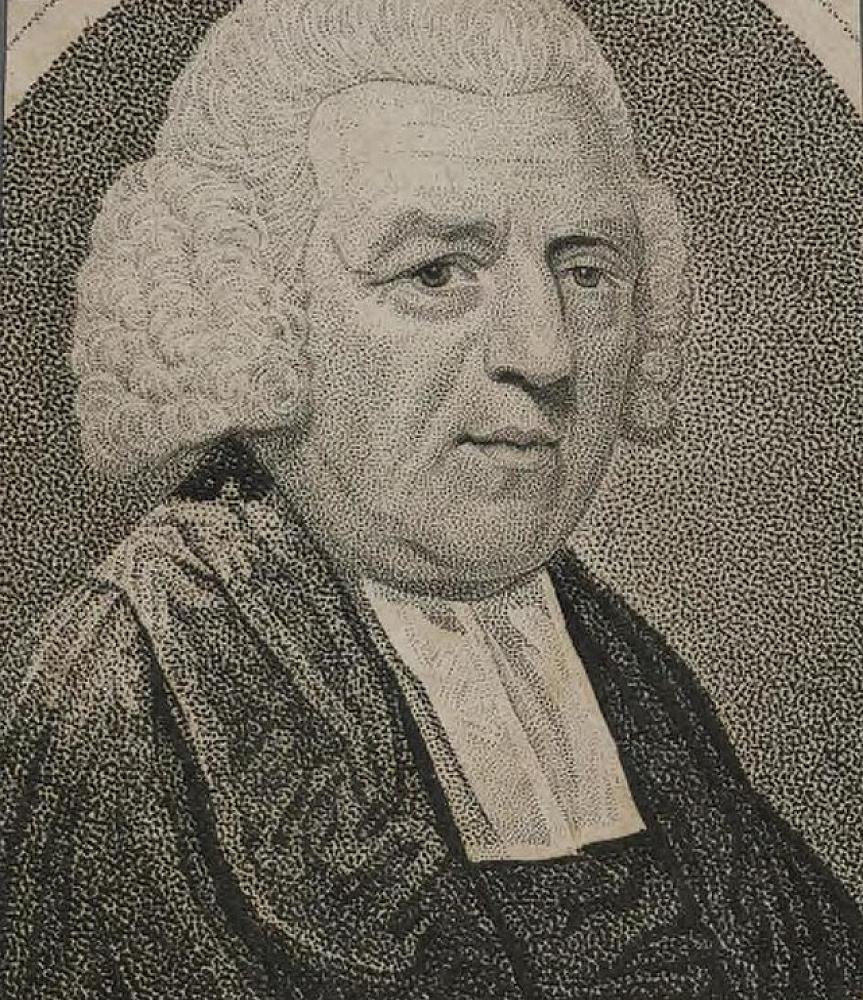An exploration of what a former slave ship Captain, a violent thug and a disloyal fisherman have to do with Easter.

In the Church calendar two dates are of utmost significance - Christmas and Easter. The birth of Jesus and the execution then resurrection of Jesus. This week in Chapel we looked at the story of his death upon the cross - God's ultimate expression of his grace for humankind. Our focus was on what that grace meant for three men. Two directly involved in the biblical account of Jesus death: Peter the Apostle and the repentant thief (often known as Dismas). The third, a man who lived 1700 years later, John Newton.
The definition I shared in Chapel for grace was "underserved favour".
We began our Easter story with an introduction to Dismas, likely a violent and murderous thug, sentenced to die alongside Jesus. Shortly before Jesus arrest we are told of his discussion with Peter. On Jesus' challenge that they (his close friends and disciples) will all disown him that very night Peter is loud and insistent that he "would never do such a thing". Only a short few hours later Peter is left in tears as a rooster crows and he realises he has repeatedly denied even knowing Jesus. Finally we met John Newton - a slave ship Captain from the 1700's. At the centre of one of Western Europes darkest chapters of history a man many would say is worthy of no favour, in fact deserving of much punishment.
As Jesus is nailed to a cross, in order that he may die to pay for our transgressions, we are privy to a snippet of his agonised conversation with Dismas dying alongside him. Dismas defends him as the second criminal mocks him in the following verses from Luke:
“Don’t you fear God,” he said, “since you are under the same sentence? We are punished justly, for we are getting what our deeds deserve. But this man has done nothing wrong.”
Then he said, “Jesus, remember me when you come into your kingdom.”
Jesus answered him, “Truly I tell you, today you will be with me in paradise.”
Grace comes for Dismas in the promise of an eternal future with Jesus. Hope in a situation where all is dark and grim for him. Similarly, several days later over a breakfast of fresh fish cooked on the fire Jesus restores Peter who goes on to be a significant leader in the new Church. Years later when he again meets the risk of arrest and punishment for his beliefs Peter boldly dies an unrepentant martyr for his faith.
Thousands of years later we again meet John Newton this time in a terrible storm. So terrible this seasoned sea Captain of many years cries out to God promising to become a Christian should he and his vessel be saved. After surviving he keeps this promise and begins a journey of transformation. Many years later he comments on this saying:
"I am not the man I ought to be, I am not the man I wish to be and I am not the man I hope to be, but, by the grace of God, I am not the man I used to be." - John Newton
Having become a minister and renounced the slave trade he eventually plays a significant role in the Abolitionist movement. Shortly before his death he is rewarded by seeing the Act for the Abolition of the Slave Trade passed. As part of his role in the movement he writes publicly of his shame at his former involvement.
“I am bound, in conscience, to take shame to myself by a public confession, which, however sincere, comes too late to prevent, or repair, the misery and mischief to which I have, formerly, been accessory. I hope it will always be a subject of humiliating reflection to me, that I was, once, an active instrument, in a business at which my heart now shudders.” - John Newton
Finally we ended our service with the singing of a hymn written by John Newton - Amazing Grace. A hymn so much more powerful to know the pain and humiliation felt by its author. To know how strongly he felt unworthy of the grace he received in Jesus' death on the cross.
I pray that all in our community are able to enjoy a break this Easter. To remember that we are blessed with much.

 Open Event Registration - Interested in enrolling?
Open Event Registration - Interested in enrolling? Employment opportunities - click if you're interested in working at McGlashan.
Employment opportunities - click if you're interested in working at McGlashan.